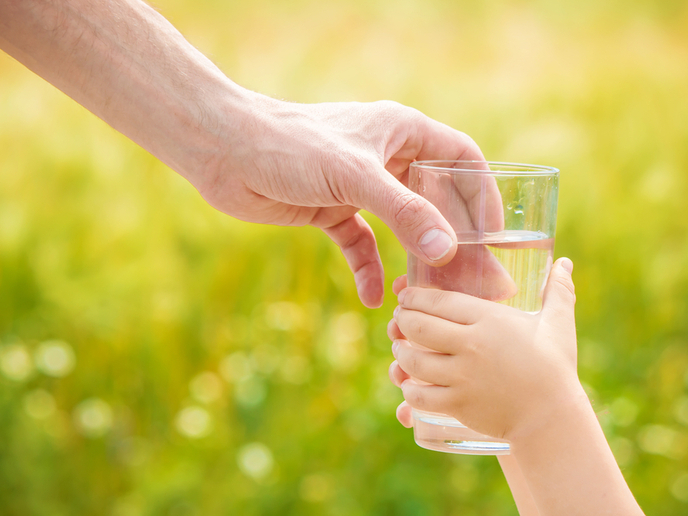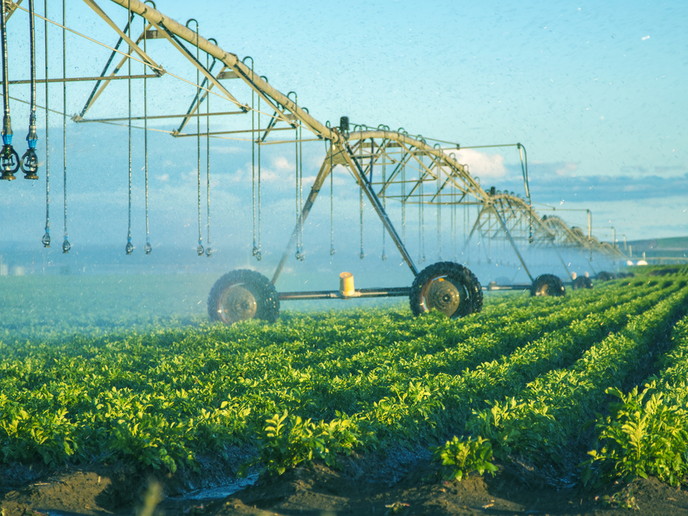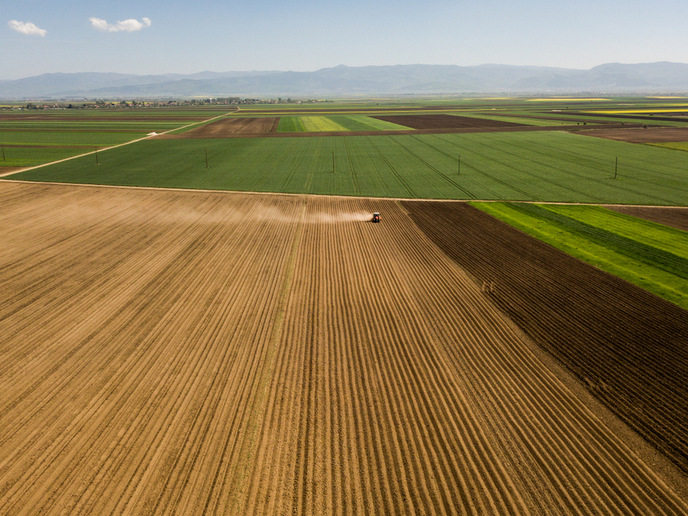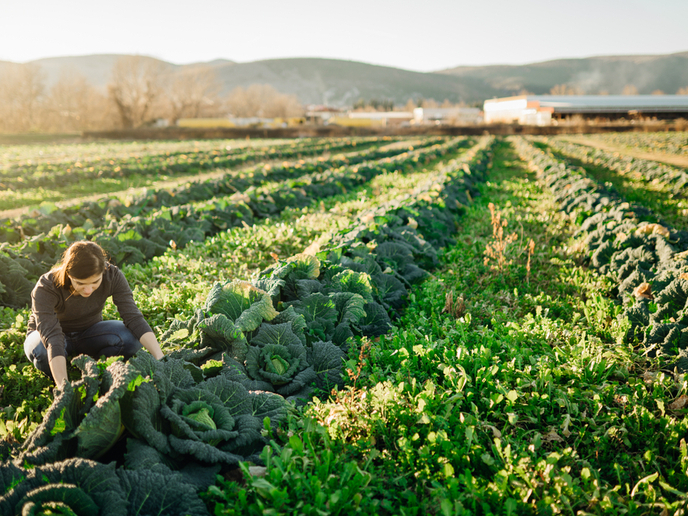Better informed farmers for higher freshwater quality
We all want water that is crystal clear, safe to drink and devoid of pollutants that may harm valuable ecosystems. For the most part, we can breathe a huge sigh of relief: in the EU, water now is cleaner than it was 25 years ago, and this is largely thanks to the Water Framework Directive which aims to protect and improve it. But while it is not all doom and gloom, the threats posed by some agricultural practices to Europe’s freshwater resources are not to be taken lightly. Pesticides are still a major problem, and so are the nutrient surpluses causing abnormally high concentrations of nitrates and pesticides in water. To this day, half of European waters are considered to be of ‘poor ecological status’, and this calls for better management practices and effective mitigation measures. The WATERPROTECT (Innovative tools enabling drinking WATER PROTECTion in rural and urban environments) consortium was tasked with this mission in June 2017. As Ingeborg Joris, researcher at VITO and coordinator of the project, explains: “The project’s approach was essentially to sit down and talk with farmers and other stakeholders, inform them about various water quality issues that they may not have been aware of before, and the positive role they can play and solutions they could put in place.” An educational approach was essential, as many farmers often hear about the impact of agriculture on the environment only in general terms. Some farmers are not as aware about the environmental issues in their fields’ surroundings as others, and neither are they conscious of how some agricultural practices amount to a potential threat to drinking water.
Seven action labs
WATERPROTECT essentially revolved around its seven so-called ‘action labs’ – local coalitions in agricultural areas with water quality issues linked to drinking water production. “We looked for cases with differences in agricultural practice, climate, levels of farmer awareness, and scale of farms and the drinking water facilities. We ended up with our seven action labs, ranging from small farms in Ireland with an impact on private groundwater wells to farms with large surface areas potentially threatening the drinking water supply of a major city. Other examples include farmers with low environmental awareness farming for their own produce, and well-informed farmers considering an optimal layout for land use in the drinking water capture zone”, Joris says. The action labs were an opportunity not only to raise awareness and promote best management practices, but also to collect valuable data with participation of local actors. The project team developed collaborative management tools bringing information to the local coalitions and feeding discussions. Joris is confident that all this work will, ultimately, contribute to more actions at the local level. The project’s beneficial impact does not have to be limited to the seven selected regions either. Joris and other project partners produced written guidelines on the use of the project’s multi-actor approach so that it can be applied in other regions. In the meantime, the action labs have already started bearing fruit. In Belgium for instance, work continues with the local drinking water company providing financial support for the implementation of WATERPROTECT measures by farmers. In Romania, partners have set out to develop an ecotourism destination. In Ireland and Spain, new regional and national projects have been kicked off. Meanwhile, best practice demonstrations continue in Ireland and Italy, in other catchments on the initiative of farmers organisations and advisory organisations. The project ended in September 2020, but the WATERPROTECT community lives on at the EU level too, with a forum dedicated to sharing experiences and contributing to future actions and research.
Keywords
WATERPROTECT, freshwater, drinking water, farmers, agriculture, pesticides, nutrient, Water Framework Directive







